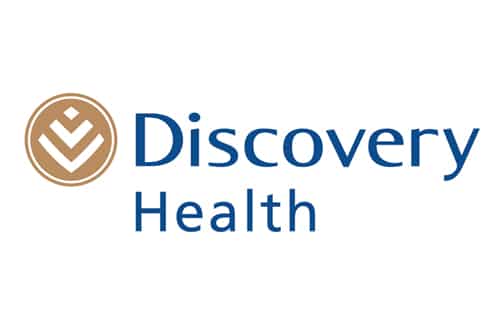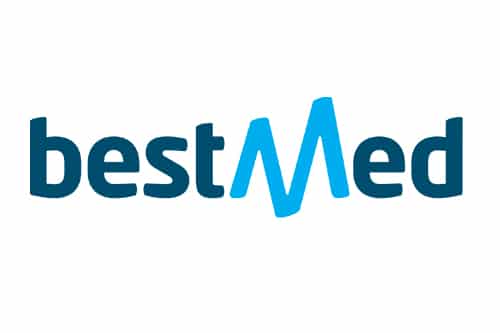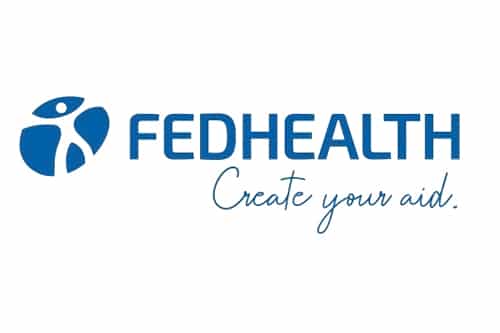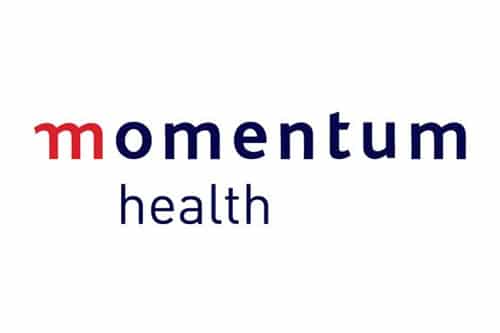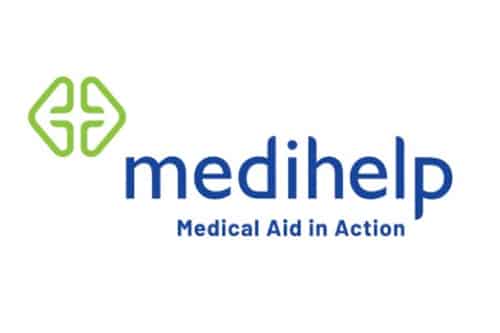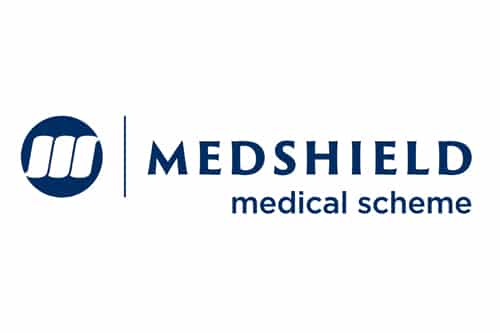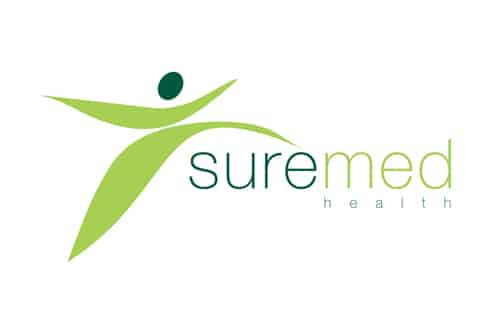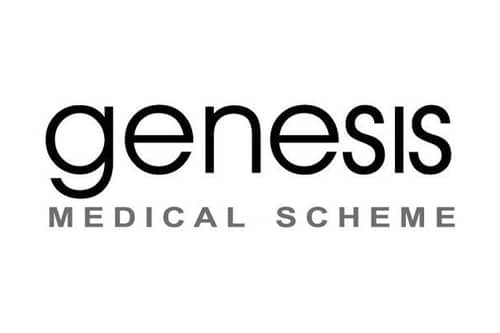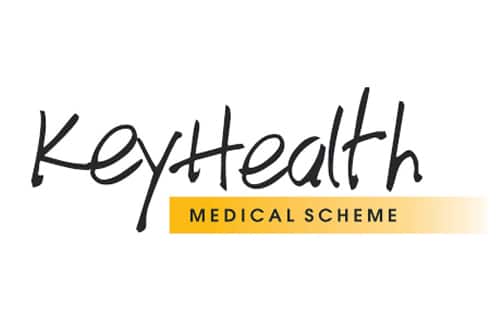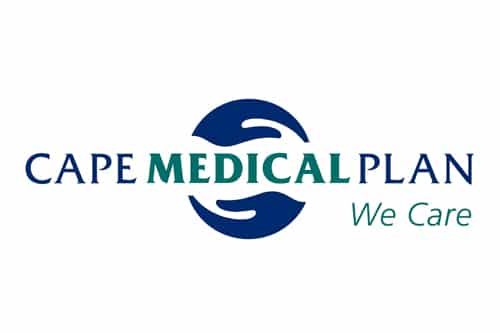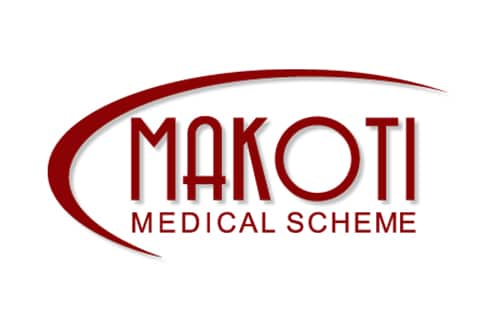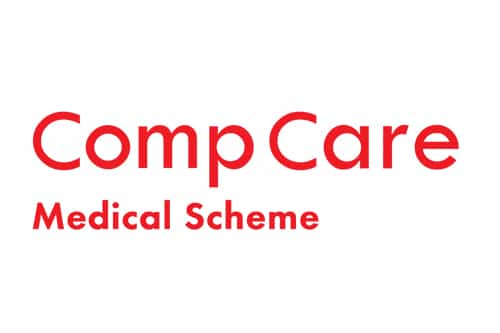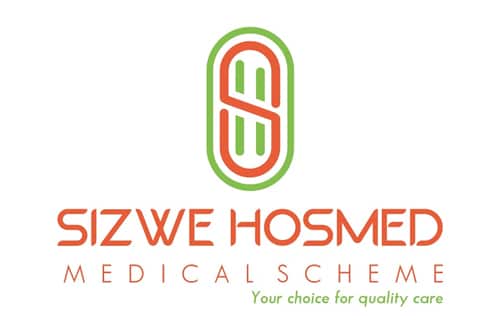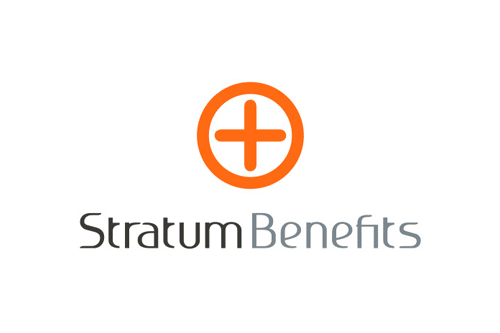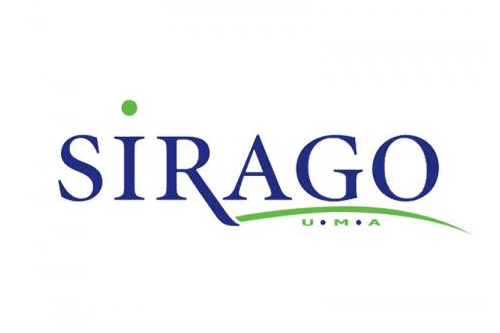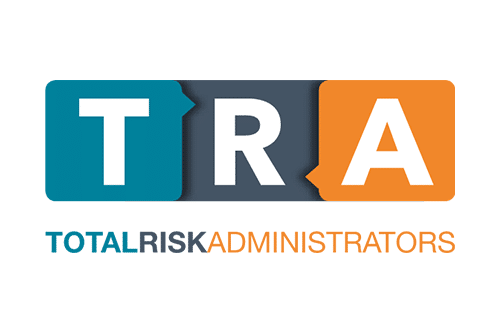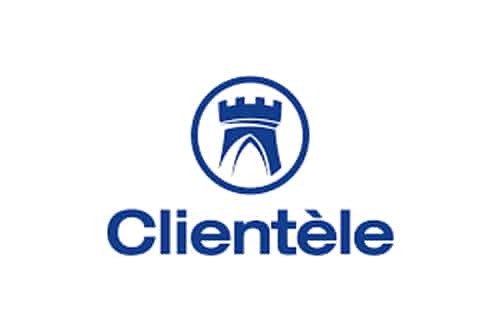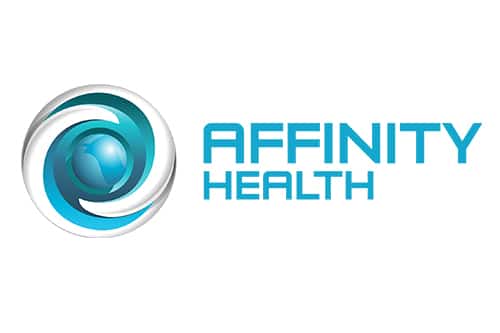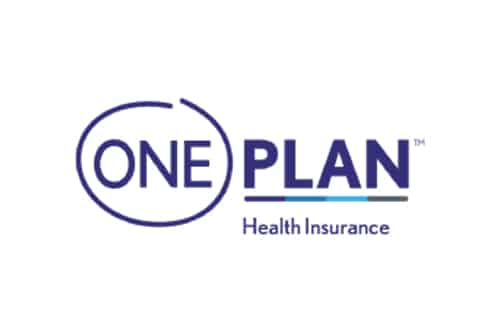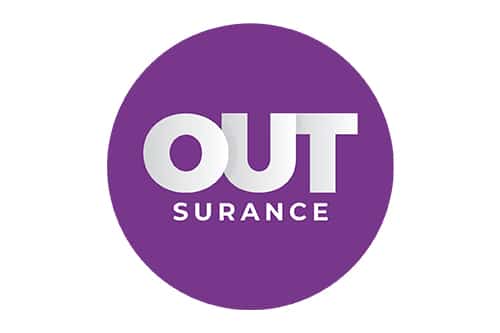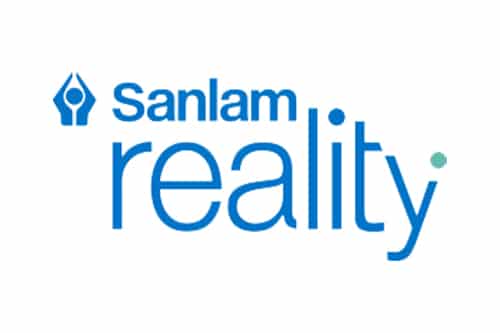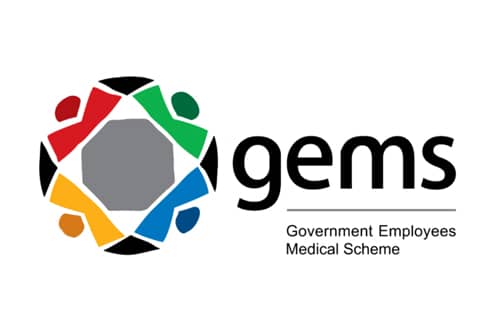Updated: 20 February 2024
Legislating our way into a healthcare crisis – BHF

Clumsy healthcare law-making and subsequent lack of correction have resulted in medical schemes carrying an almost unlimited liability for prescribed minimum benefits, (PMBs), while nearly ten million people are being denied low-cost health benefits for primary healthcare.
The ‘irrational’ position of the government’s chief proxy on this, the Council for Medical Schemes (CMS) has created a ‘run’ on profit-making insurance products over which the CMS has no regulatory oversight – and driving gap cover payments through the roof. Both unregulated consultant tariffs and the CMS reluctance to approve low-cost benefits schemes are driving medical inflation and sending medical aid premiums soaring while an NHI that will effectively put paid to medical schemes looms on a ten-to-twenty-year time horizon.
These are the views of two top Board of Healthcare Funder (BHF) executives, Dr Rajesh Patel, Head of Health Systems Strengthening and Charlton Murove, Head of Research.
Both say healthcare in South Africa is unnecessarily complex with dismal regulatory oversight in which patients – the very people whom medical aids were set up to serve suffer financial hardship, while struggling to negotiate a healthcare funding ‘jungle’.
A recent unique web-based innovation, www.medicalaid.com that provides accurate medical aid comparisons via a sliding premium affordability button while listing benefits has been welcomed by industry experts.
Says Murove, “one of the biggest oversight challenges is PMBs – a set of conditions which medical schemes are obliged to pay for in full – but have no idea what they’re in for. To make matters worse healthcare practitioners, (consultants mainly), determine the cost, often charging more than their usual tariffs when it’s a PMB-related condition. There’s also upcoding which is when a healthcare provider makes a PMB-related diagnosis so they can get access to this unlimited bucket of funds”.
Adds Patel; “Our PMBs are poorly defined in regulation, creating too many grey areas that can be taken advantage of. SA’s version, passed in 2003, was based on research done in Oregon in the United States, except that there they have put in place defined procedures and coding while here we’ve dropped the technical specifications, blurring interpretation. So, service providers are incentivized to charge as much as possible. When you access a consultant, you don’t know the cost and you’re not able to negotiate. While there are Health Care Professions of South Africa, (HPCSA), ethical rules around informed consent, in practice this doesn’t occur enough. There’s often no discussion around price, irrespective of PMBs. Often a patient goes to a doctor and the receptionist asks, ‘do you have gap cover?”
“If you say yes, they charge more. People don’t know about PMBs and non-PMBs. Also, when you are sick, you’re at your most vulnerable. If for example you have cancer – are you able to say let’s negotiate a price for my care?” posits Murove.
Patel adds, ‘even for us who work in this environment, it’s a minefield. There needs to be better stewardship and oversight. We’re currently sitting with a politicized healthcare system. There are more politics at play than efforts to solve the problem.”
He said allowing more affordable low-cost benefit options, (medical aid products, not insurance), would enable people who cannot afford higher end medical plans to at least access primary healthcare products – thus taking a huge burden off the State.
“The Health Market Inquiry (HMI) said there should be some consultant tariff ceiling and made specific recommendations – but the health department hasn’t moved on implementing any of them. We applied for exemption from the Competition Commission so we could do collective bargaining while the government gets its act together, but politics came into play, and we’ve now been sitting with the Competition Commission for over two years.”
Patel said a holistic review of PMBs and allowing Low-Cost Benefit Options (LCBOs), would ‘change the entire environment,’ but bemoaned the lack of ‘necessary skills’ and seeming lack of will within the NDOH and the CMS.
“The NDOH has simply relegated it to the CMS who haven’t moved on this for nearly eight years. I mean a single medical aid can change its benefits within one year, but the CMS seems incapable. They say they’re busy with reviewing PMBs, but it’s treacle-slow,” he added.
Murove went further, accusing the CMS of deliberately trying to frustrate the feasibility of medical schemes to further the NHI –while rendering patients vulnerable.
“We’ve taken them to court on judicial review and what we saw in their documentation was a very deliberate attempt to delay LCBOs as much as possible. We can clearly see that if they did approve LCBOs, the NHI would become less appealing to the public. Approving LCBOs would make a big difference to millions of lives, especially with the medical tax savings – and medical schemes would be far more sustainable. In the NDOH’s estimation allowing LCBOs will create a bigger pool of people who won’t need an NHI because they’re being looked after by medical schemes,” he said.
Both said that young and healthier patients were moving to unregulated insurance products, leaving the sick and elderly in medical schemes and creating ‘a vicious cycle,’ in which medical aid premiums were becoming increasingly expensive.
“The more this happens the more youngsters, (often newly married with young children), move out into insurance, leaving older people paying increasingly. Medical aids will just get increasingly expensive – which suits the NHI proponents,” Patel said.
He added; “if you want social solidarity you need to reduce the number of risk pools. If you don’t attract the young people, you can’t keep contributions down and you’ll always have contributions more than CPI plus five percent.”
The BHF duo said both the BHF, and the Orthopedic Society of SA had applied for exemption from the Competitions Commission.
“Between the funders and the service providers there’s an urgent need to sit around the table to discuss what’s reasonable and fair pricing. Hopefully, the regulators will come to the table, and we can do real structural reform. Let the players find their own solution instead of the NDOH ignoring our input. We’re not against universal healthcare. We just want to reduce pressure on the healthcare system and have input into NHI benefits. LCBOs would be a primary healthcare package, like an entry point to the NHI environment – a mutually beneficial one.”
The BHF duo said the glaring lack of implantation of the Health Market Inquiry recommendations, ‘makes no sense in the bigger scheme of things. Allowing LCBOs under the CMS would provide ‘fertile ground,” to trial healthcare provision in an NHI environment. “Right now, there is less oversight over the supply side – yet funders are regulated.”
Says Patel, “it seems clear that government has a perception that if you improve the medical scheme environment it will be a threat to NHI implementation. It seems clear that people on medical aid schemes will be the last to be brought into the NHI. However, if you trial a partnership with the private sector now, you’ll reduce the burden on the state and can then eventually wind down on the medical schemes when it becomes an easy migration.”
The pair said offering LCBO packages at affordable premiums of between R200 and R300 per month for primary health cover would enable as many as ten million people to benefit.
“Many are willing to pay from their own pockets to avoid taking time off work or losing income waiting in the public sector. It’s a significant number – and the medical tax credit they’d get just further increases the potential,” he added.
Media coverage of the government’s position revealed huge suspicion of the private sector as purely profit driven.
“Instead, what’s true is that our sector has done much to add value. It’s sad that they see us in this way. It shows a lack of understanding. What they’re describing as bad in the insurance environment is something they’re perpetuating. They cite medical schemes’ administration costs. Well, LCBOs can be self-administered with nobody making any profit. For those in the insurance market, moving to a medical scheme will be a great boon via the tax rebate. If an insurance product is not performing, they can increase premiums and cut benefits – and there’s no insurance ombudsman to run to. There’s been a deliberate misunderstanding of the facts and criticism of LCBOs,” he asserted.
Asked about doctor’s ‘gaming the system,” or conducting unnecessary procedures, Dr Simon Strachan, CEO of the SA Private Practitioners Forum, (SAPPF), said that while the SAPPF did not have a monitoring mechanism, profiling of doctors was conducted by almost every medical scheme administrator – or by the hospital itself for hospital-based consultants. Many specialties and medical organizations partnered up with funders to profile pre-identified ‘outlier’ practices.
Any suggestion that consultants were inflating their prices were, “simply wrong.”
“You have a duty to discuss payment options with your patient. I see nothing wrong in asking patients how they aim to pay for your services. One thing the SAPPF is very clear on is that healthcare professionals should have a one-off fee, not one for prescribed minimum benefits, (PMB’s), and another for non-PMB’s. You can decide whether to discount that fee or not. If you have gap cover, I should still charge you my regular fee,” Strachan added.
The CMS had yet to respond by the time of publication.
Author: Chris Bateman

